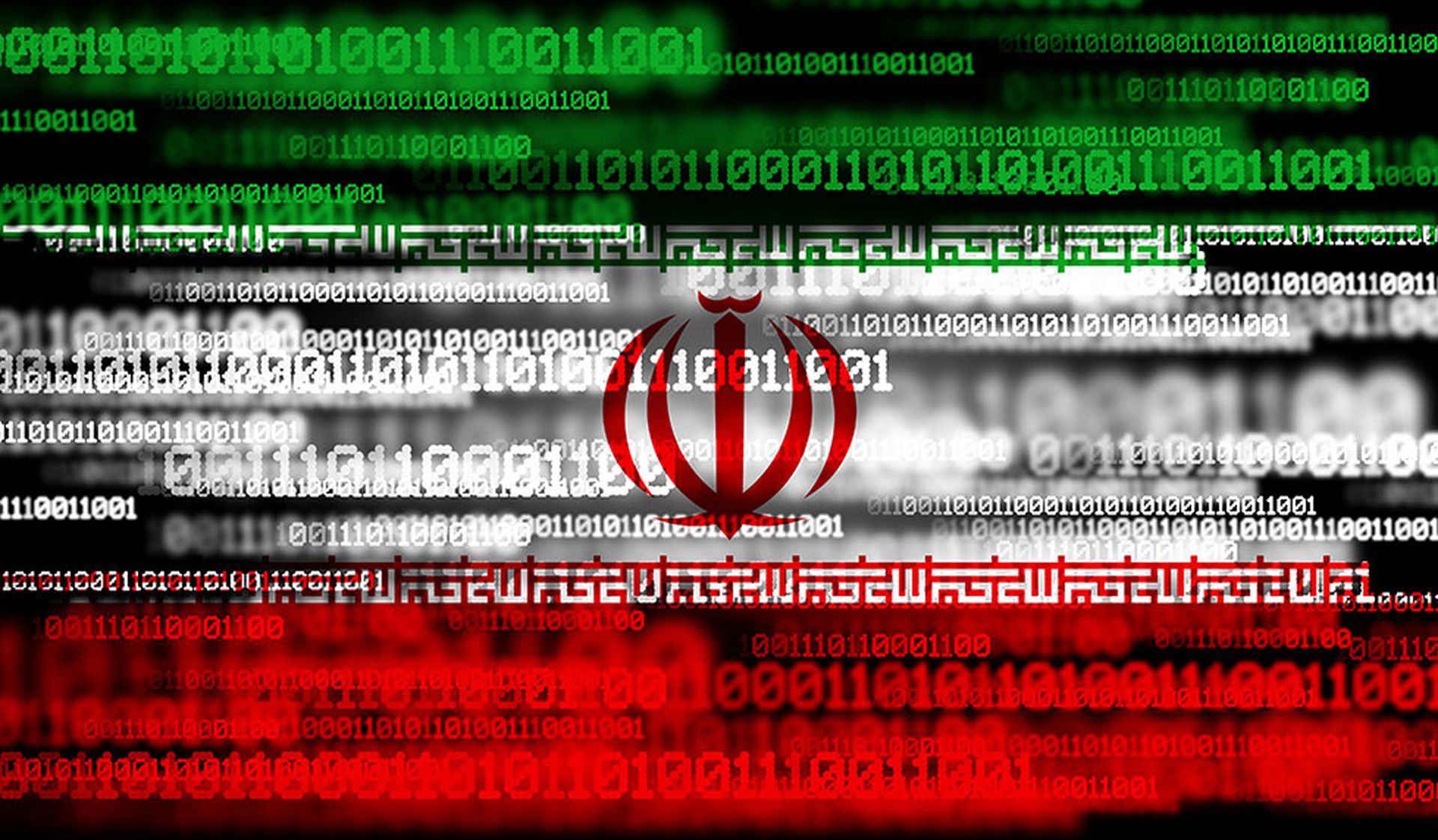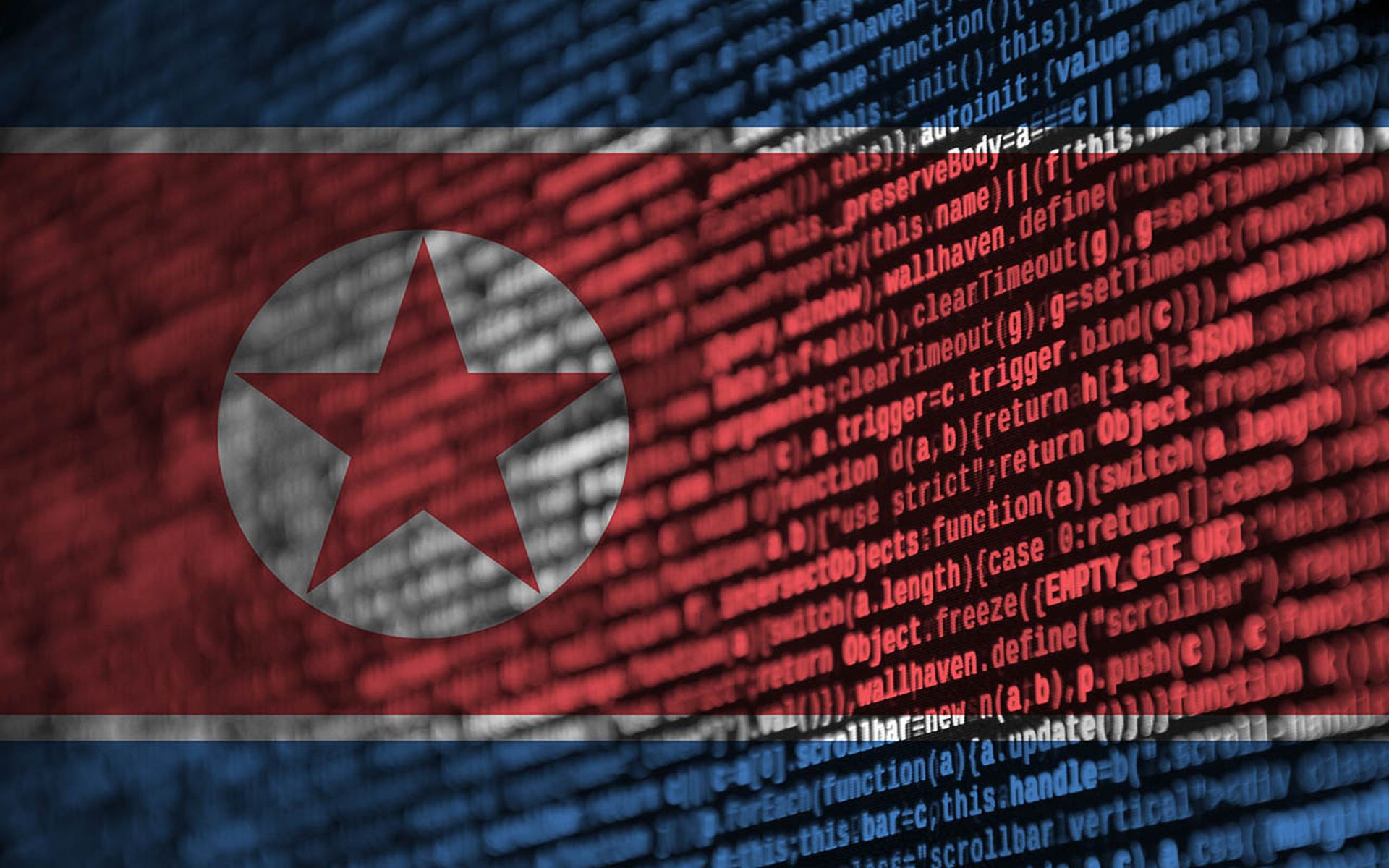Critical Infrastructure Security, Threat Management
Russia-Ukraine war prompts EU proposal of coordinated cyber defenses
SC StaffCyberattacks amid the ongoing war between Russia and Ukraine have pushed the European Commission to propose a new cybersecurity policy urging member states to "significantly increase" collaborative modern military cyber defense capabilities, as well as bolster its ties with NATO, reports The Record, a news site by cybersecurity firm Recorded Future.
Member states have been called upon not only to increase cyber defense coordination at a national and military level but also to bolster the region's cyber defenses through the formation of military computer emergency response teams and EU cyber defense exercises.
"The EU needs to take on more responsibility for its own security. This requires modern and interoperable European armed forces... Whilst remaining fully committed to international law and norms in cyberspace, the EU should signal its willingness to use these capabilities in a coordinated way in case of a cyberattack on a Member State," said the Commission in its Joint Communication with the High Representative for Foreign Affairs and Security Policy.
Active cyber defense has been pushed by Thierry Breton, the French commissioner for the Internal Market, a concept which European Cyber Conflict Research Initiative Director Max Smeets notes is less common in the EU than in the U.S.
Get daily email updates
SC Media's daily must-read of the most current and pressing daily news



